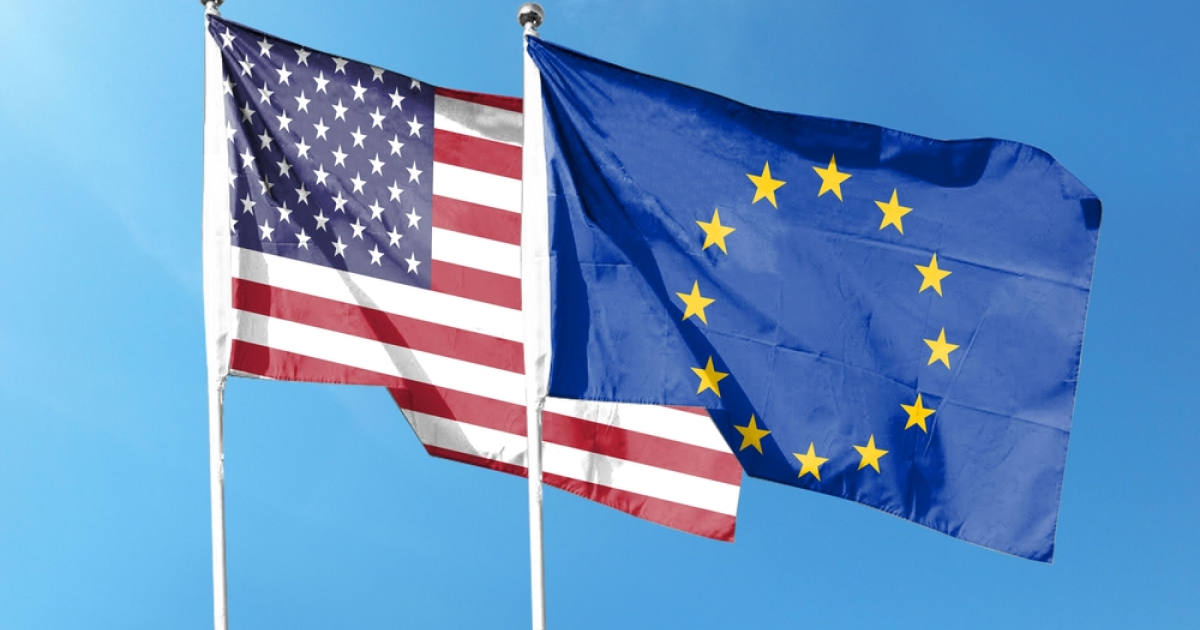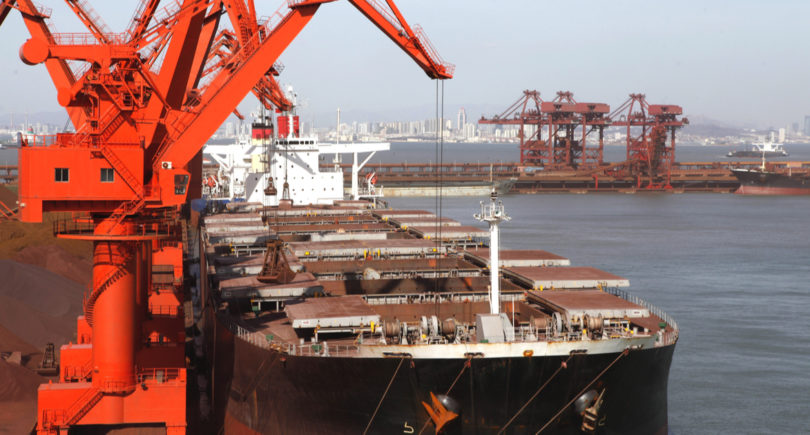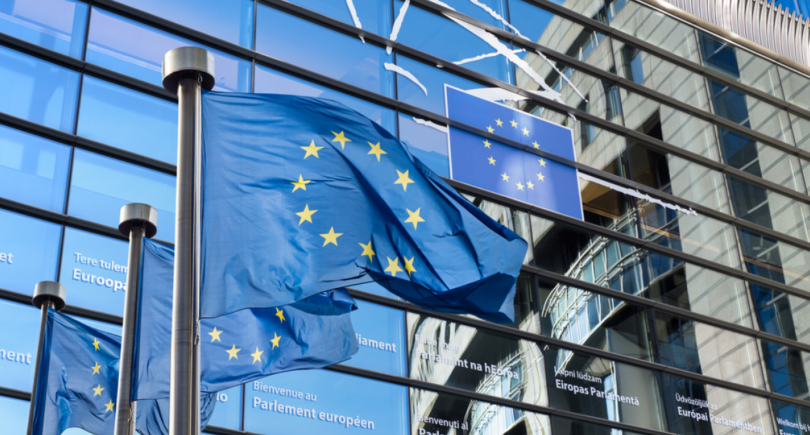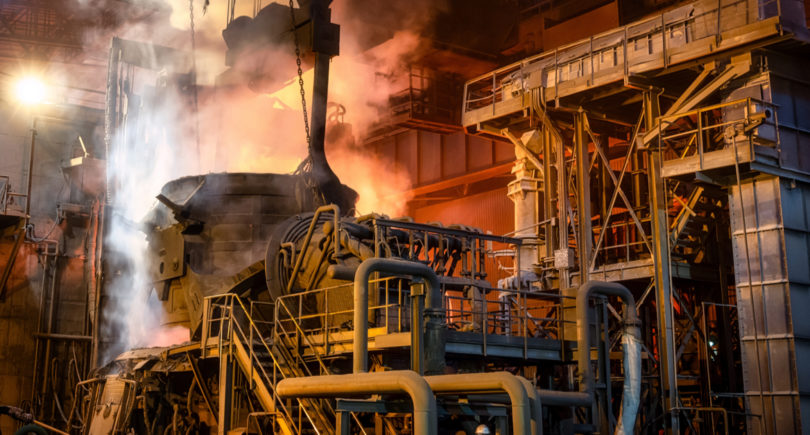
News Global Market EU 509 10 November 2023
The parties failed to reach an agreement at the summit in October
The European Commission (EC) aims to reach a “steel” agreement with the United States by the end of this year to finally resolve the issue of US import tariffs on steel and aluminum. This was stated by Vice President of the European Commission Věra Jourová, Reuters reports.
The parties failed to reach an agreement on the Global Sustainable Steel and Aluminum Agreement (GSA) at the summit held in October. It included measures to address overcapacity in non-market economies such as China and promote cleaner steel.
The Biden administration suspended the Section 232 tariffs on European steel and aluminum imposed under the Trump administration in 2018, provided that a deal is reached by the end of October 2023.
Later, the United States announced that if additional time was needed for negotiations, it would postpone the suspension of tariffs beyond the end of this year. However, Jourova, who is in charge of the EU’s digital economy, said that the EC plans to complete the negotiations by this deadline.
«We have given ourselves two more months to solve this problem, and that is our goal,» she said in the European Parliament during a debate dedicated to the EU-US summit.
Many MPs expressed concern that the talks had dragged on and failed, but Vera Jourova said the parties had made «important progress».
As GMK Center reported earlier, the United States will continue suspension of Section 232 tariffs on European steel and aluminum if the parties need additional time to reach a steel deal, US Ambassador to the EU Mark Gitenstein said. From January 2022, the United States suspended their operation for two years, replacing them with a system of tariff quotas (TRQ), which allowed the import of 3.3 million tons of European steel per year and 384 thousand tons of aluminum into the United States without the application of import duties.
Also, experts consider, that the parties have to overcome their differences, and the agreement, if it is reached by the end of the year, will be partial and will primarily concern the system of tariff quotas.



